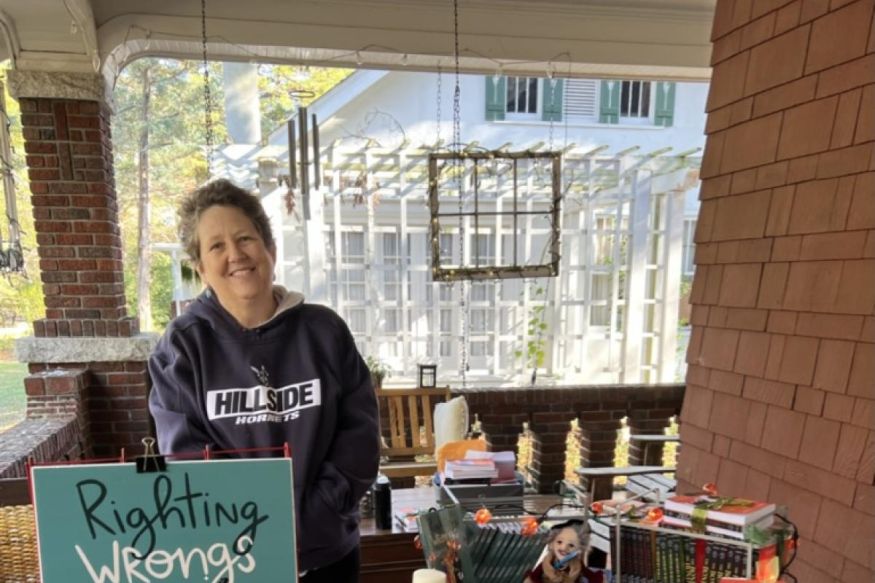Overview
The core of my work is to understand and communicate new ideas of human rights, including young people in that conversation. In addition to founding Duke's Human Rights Certificate program for undergraduates, I explore human rights themes in my writing for adults and children. One of my goals for teaching is to ensure that students see human rights in what Eleanor Roosevelt once described as the "small places, close to home - so close and so small that they cannot be seen on any maps of the world ... Such are the places where every man, woman and child seeks equal justice, equal opportunity, equal dignity without discrimination. Unless these rights have meaning there, they have little meaning anywhere." One of my proudest achievements is to have worked in community to help launch the Pauli Murray Center, which seeks to use the legacy of this Durham daughter to examine the region’s past of slavery, segregation, and continuing economic inequality. My book, Righting Wrongs: 20 Human Rights Heroes from around the World, introduces young readers to some of the people who helped create modern human rights. I also write fantasy and science fiction as a way of exploring human rights themes in story. "The Bond" fantasy trilogy imagines a female-led society determined to win peace though at the cost of the genocide of men.
Current Appointments & Affiliations
Recent Publications
The Mother's Wheel Book Three of the Bond Trilogy
Book · September 6, 2022 The mutant Sil desperately protects her fellow mutants and the humans who've helped her. A devastating defeat forces them back to war and the likely death of the Hive Queen--unless Dinitra and Fir can save them. A map is included. ... CiteThe Hive Queen Book Two of the Bond Trilogy
Book · June 15, 2022 Book 2 in The Bond Trilogy follows the warrior Fir as he leads his brothers to freedom--and danger, including from an alluring and dangerous mutant called the Hive Queen. Book includes a map and interview with the author. ... CiteRighting Wrongs 20 Human Rights Heroes Around the World
Book · June 14, 2022 Righting Wrongs introduces children to the true stories of 20 real people who invented and fought for these ideas. Without them, many of the rights we take for granted would not exist. ... CiteRecent Grants
Pauli Murray Project-Anti-Oppression/Community Building Programs
Public ServicePrincipal Investigator · Awarded by Andrus Family Fund · 2014 - 2016Straight Up Queer Truth LGBTQQ Youth Resource Guide
Public ServicePrincipal Investigator · Awarded by Alliance For Full Acceptance · 2014 - 2015Weaving a Net of Accountability: Taking on Extraoridinary Rendition at the State and Regional Level
ConferencePrincipal Investigator · Awarded by Josiah Charles Trent Memorial Foundation · 2009 - 2010View All Grants
Recent Artistic Works
The Quiet Company
New Media January 1, 2012 storyThe Dark Army
New Media January 1, 2011 storyView All Artistic Works




